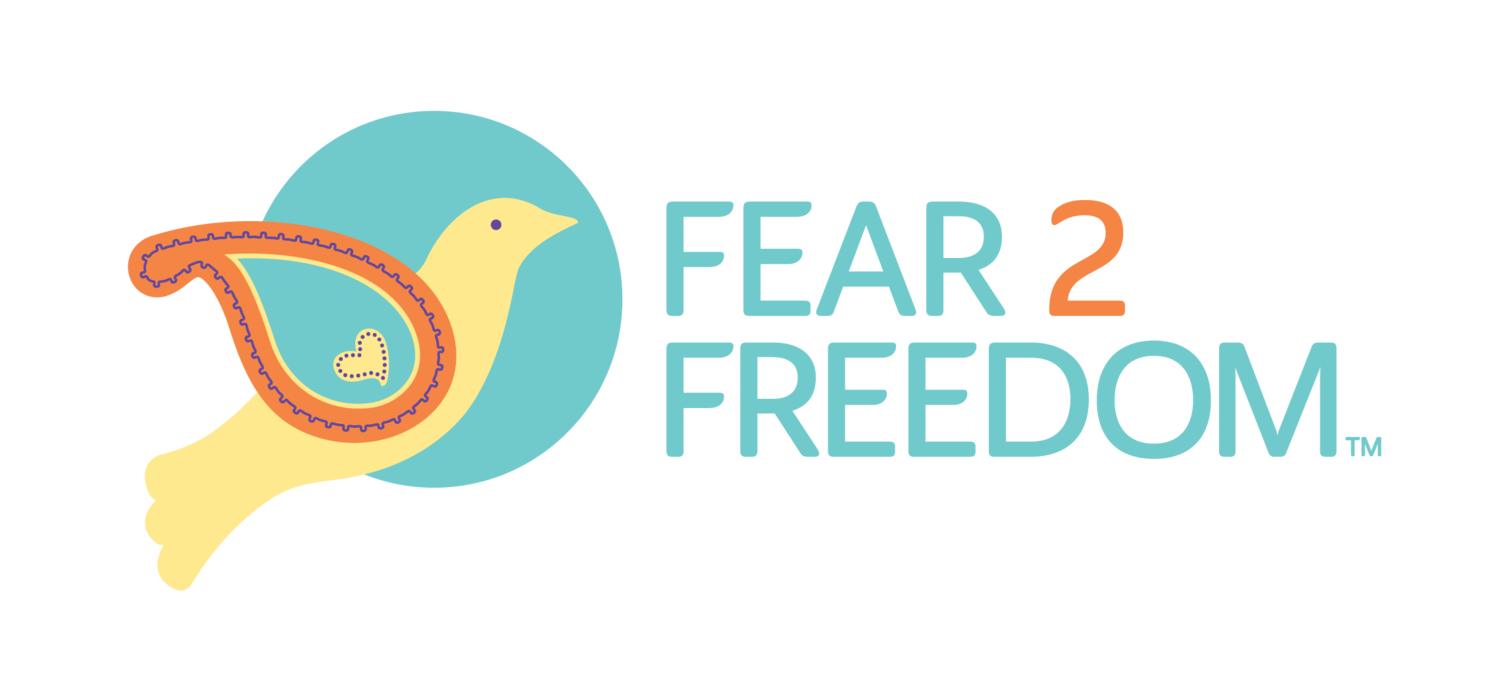Content Notice: sexual violence, intimate partner violence, abuse towards LGBTQ+ communities
written by: Lauren Carrasco-Kyllönen, F2F Director of Programs
How Survivor Experiences Differ
Although LGBTQ+ survivors of sexual/intimate partner violence (SV/IPV) may face many of the same barriers and impacts as other survivors, there are also key differences that are important to recognize. Many LGBTQ+ communities are impacted by these types of violence at higher rates, often shockingly so. Their experiences are also frequently marked by homophobia, transphobia, or other forms of bias imposed by not only their perpetrators, but also the institutions and individuals who are meant to help them.
Yes #UsToo
Not only are LGBTQ+ survivors experiences often downplayed or ignored by straight/cis communities, but they may also face the very same from their own communities. Viewing SV/IPV as just straight or masc-femme issues is not only incorrect, but it’s also harmful. Writing off the violence LGBTQ+ survivors face as less than or irrelevant is isolating & leaves survivors without the support they deserve. Abuse is not tied to someone’s size, strength, gender, or orientation. Rewriting our biases to recognize that people of ALL gender identities, gender expressions, & sexual orientations are impacted is essential to ensuring no survivors are left behind.
statistics source: https://www.hrc.org/resources/sexual-assault-and-the-lgbt-community
Culture/Identity Abuse
The invisibility of violence against LGBTQ+ survivors and marginalization of these communities in society overall, are vulnerabilities that are exploited in additional ways.
Perpetrators (and others) may use aspects of the survivor’s connection to the LGBTQ+ community to target or harm them. Cultural/identity abuse occurs when abusers use aspects of a survivor's culture or identity to inflict suffering or exert control over them.
Check out the infographic to learn more about how this type of abuse may be weaponized against LGBTQ+ survivors.
Supporting Survivors
The impacts of SV/IPV can intersect with so many other forms of marginalization and discrimination faced by LGBTQ+ communities. As support people, it’s our responsibility to educate ourselves on these facts, recognize the unique challenges faced by the survivors in our lives, and work to become more compassionate & informed supporters.
Here are a few resources to help you keep learning:
Sexual Orientation and Gender Identity Terms and Definitions - New York City Anti-Violence Project
LGBTQ Partner Abuse - The Network/La Red
LGBT Power and Control Wheel - New York City Anti-Violence Project
Fast Facts about Violence Against Transgender People - FORGE
If you or someone you know is an LGBTQ+ survivor, it can be hard to know what people and places are safe to turn to when you need support. Not everyone will be understanding and compassionate. Harmful responses are all too common. It can feel like you’re all alone, but you’re not. There are LGBTQ+ affirming and culturally-competent support services out there. To help make the search a little easier, we’ve curated a list of some of these resources on our blog: “Support Services for LGBTQ+ Survivors”.


